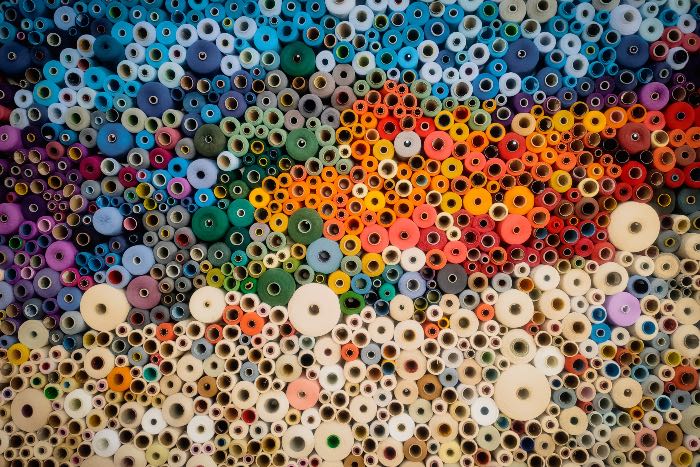
From a market perspective, Meta appears primed to destroy Twitter. Which isn’t a loss at this point. Twitter has already lost what made it good.
Among established social media companies, Meta is the logical choice. Yes, they have the users. And they have the twin catnips of Facebook and Instagram. This all makes sense.
The real thing Meta has, however, and what makes them well-positioned? Verification—which is the very reason Twitter has lost relevance. And Threads was red hot out of the gate.
And while I am on a social media sabbath [I don’t even know what Threads looks like!] I am confident it isn’t yet a Twitter replacement.
Why?
Because the power of Twitter was never the Twitter platform.
[And Meta has miscalculated the long-term problem.]
A platform is only as good as what it facilitates. And what Twitter facilitated at its peak was a permanent now. It was breaking news, creating conversation and connections, and perhaps most importantly, confidence from that blue checkmark.
There’s a reason other platforms have failed.
And it isn’t quality. Or intention. It isn’t the user interface. Or number of participants. So it isn’t about engineering or marketing. Mastodon and Post are fine platforms. They haven’t gotten the microblogging thing “wrong”.
We also can’t expect that a sudden mass-migration to a new platform will create a true Twitter experience.
Twitter was a mature forest. You don’t plant trees today, invite people in next week, and have the same forest somewhere else.
What Threads and Bluesky offer
The heaviest contenders for replacing Twitter, Bluesky and Threads, have energy, juice. People want to check them out—if they are easy, fun, and useful.
But marketing just gets us in the door. What we want out of these places is the great ’10s term: content. We want to be part of something now.
And none of that is something the platform can offer us. It just offers us the place where now can happen.
We also forgot this isn’t early Web 2.0.
Back then, in the mid 2000s, if you had a social networking idea with a clever interface, you could get signups. Like many others, I was on Facebook, Twitter, Pinterest, Instagram when they launched.
That was a moment. Then. Besides, we’re talking Twitter replacement, not social innovation.
Web 2.0 brought us social media. And they quickly facilitated social connections.
But social media isn’t about social connection anymore. It’s all marketing. And given the pathologies the current algorithmic properties encourage, it is a misnomer. This would be more accurately called antisocial media.
What is the fruit?
The metaphorical trees and vines that were planted bore particular fruit. We can’t plant new trees and expect them to bear fruit immediately. Nor can we simply take these rotting trees, plant them in new soil, and pretend the fruit will come with great newness of life.
Everything about the Twitter Replacement Conversation (TRC) seems obtuse and naive.
Technology won’t solve the problem—because we aren’t even naming the real problem.
How do we create a public square that is better than a local news comments section?
I suspect it starts with understanding that the only people who genuinely like it that way are trolls.
Then we dream up a better public square.
And from there, we put in the work to build it everywhere over time.
Because the world we want doesn’t come from a platform. It’s just the tool that can help us get there.
